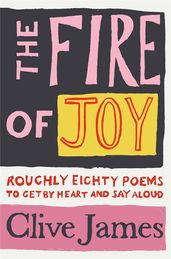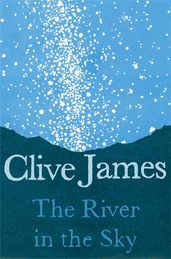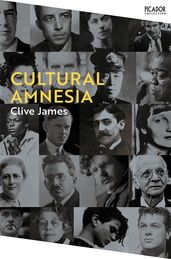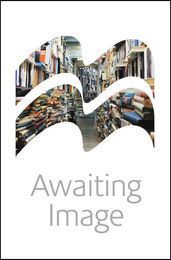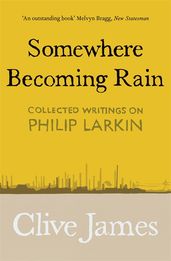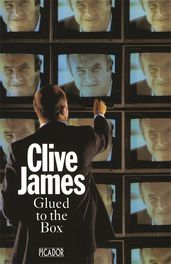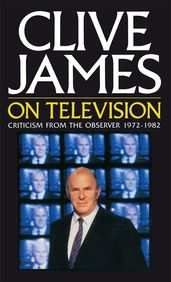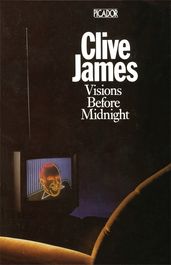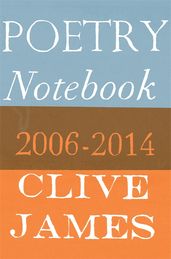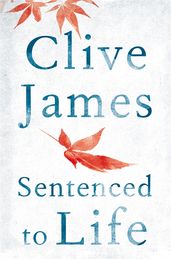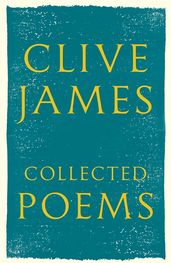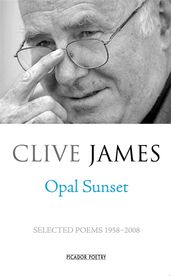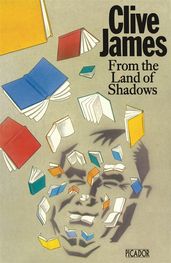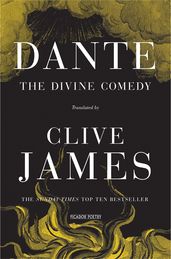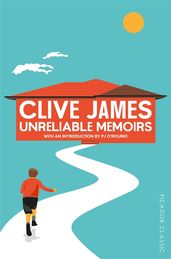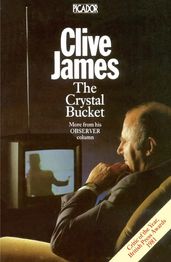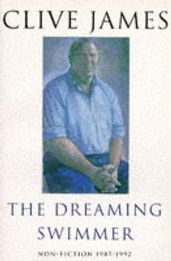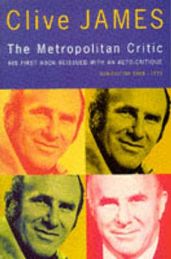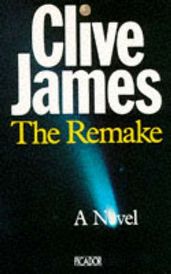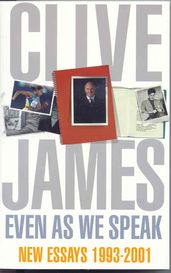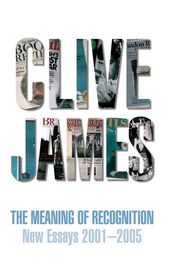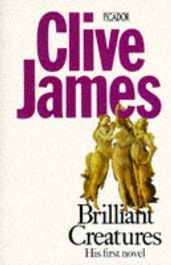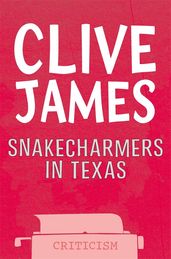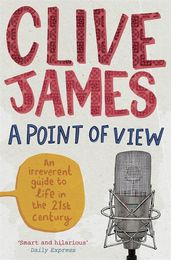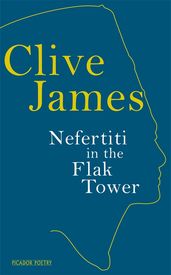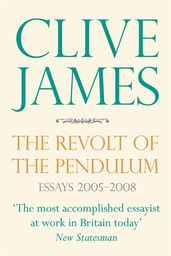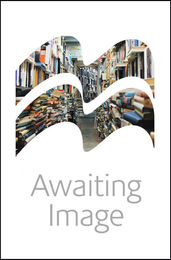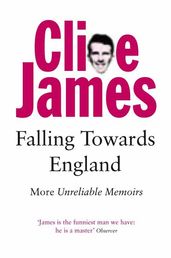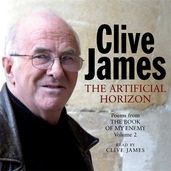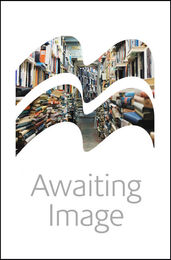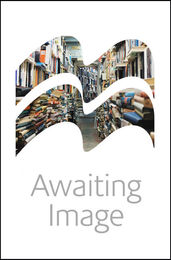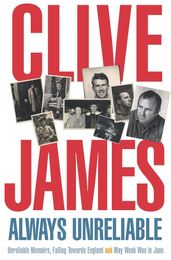Synopsis
Spanning fifty years of work, Collected Poems sees Clive James make his own rich selection from across his exceptional career in poetry.
From his debut collection in 1986 to his dazzling achievements in the 2010s, Clive James steadily built his reputation as one of the nation's best-loved and most highly-acclaimed poets. In this selection, made by the author himself, the very best of his talents are on show.
From his early satires to heart-stopping valedictory poems, Clive James proves himself to be as well suited to the intense demands of the tight lyric as he is to the longer mock-epic. Included is perhaps amongst his finest works, 'Japanese Maple', a poem which became a global sensation upon its publication in the New Yorker.
Collected Poems displays James's fluency and apparently effortless style, his technical skill and thematic scope, his lightly worn erudition and his emotional power; it undoubtedly cements his reputation as one of our most versatile and accomplished writers.
'He will be seen, I think, as one of the most important and influential writers of our time' – Bryan Appleyard, Sunday Times
Clive James (1939–2019) was a broadcaster, critic, poet, memoirist and novelist. His acclaimed poetry includes the collections Sentenced To Life and Injury Time and a translation of Dante's The Divine Comedy, a Sunday Times bestseller. His passion for and knowledge of poetry are distilled in his book of criticism on the subject, Poetry Notebook, and, written in the last year of his life, his personal annotated anthology of favourite poems, The Fire Of Joy.
Details
Reviews
James writes with exquisite perception and surgical precision; he is a poet of powerful argument and emotional force
A writer whose commanding voice contains a constant variety of colour and tone
After writing poems for 50 years, his technique is deft and assured
He is a unique figure, a straddler of genres and a bridger of the gaps between high and low culture. He will be seen, I think, as one of the most important and influential writers of our time

